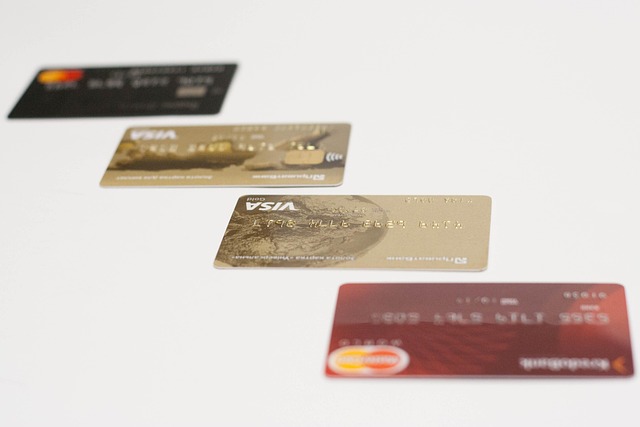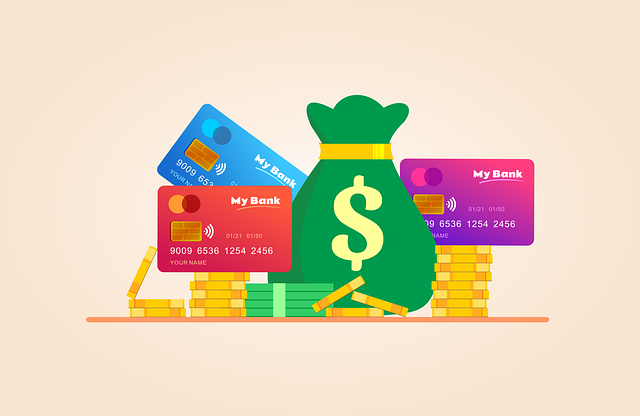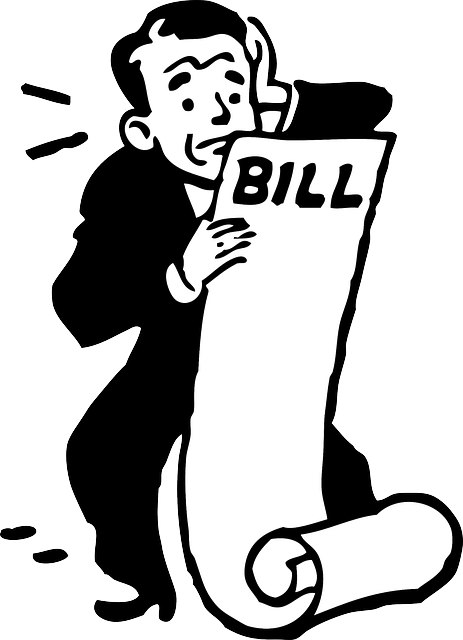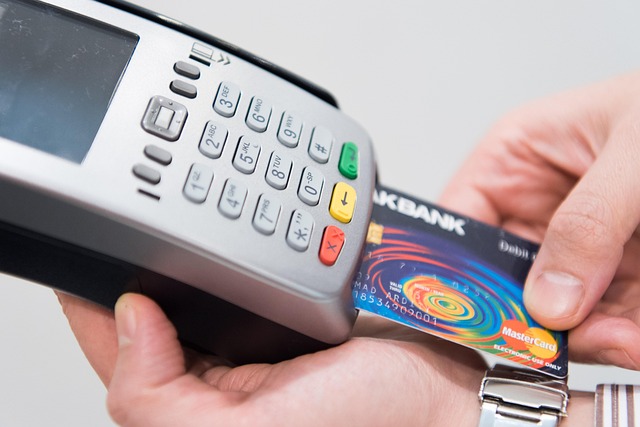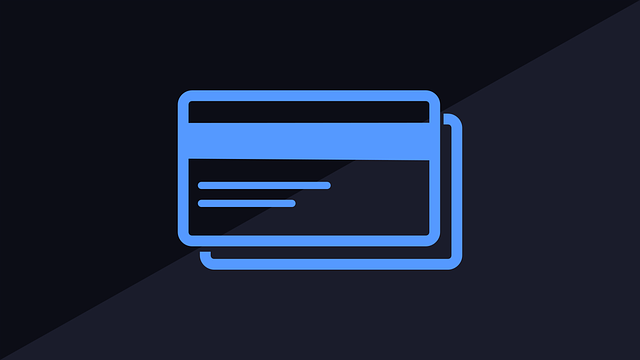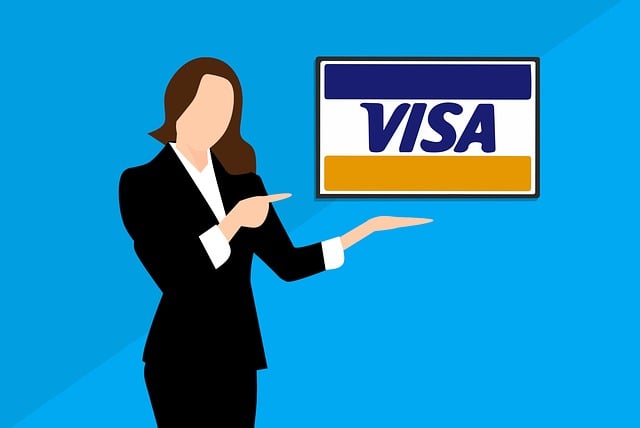Credit Card Debt Consolidation Loans offer low-income individuals a strategic solution to manage multiple high-interest credit card debts by consolidating them into one loan with potentially lower rates. While simplifying repayment and saving on interest charges, it's crucial to consider potential long-term costs and the risk of further financial strain. Before committing, exploring alternatives like negotiating with creditors or free counseling from community programs is recommended, along with adopting effective debt management techniques for sustainable financial improvement.
Struggling with credit card debt? As a low-income individual, managing multiple high-interest payments can feel overwhelming. This article guides you through viable solutions, focusing on Credit Card Debt Consolidation Loans. We’ll break down eligibility criteria, explore pros and cons of various options, and suggest alternative strategies to help you regain financial control. By understanding your choices, you can make informed decisions to simplify debt repayment and improve your financial future.
- Understanding Credit Card Debt Consolidation Loans
- Eligibility Criteria for Low-Income Individuals
- Pros and Cons of Debt Consolidation Options
- Alternative Solutions to Consider
Understanding Credit Card Debt Consolidation Loans

Credit Card Debt Consolidation Loans offer a strategic approach for low-income individuals to manage and reduce their debt burden. These specialized loans are designed to simplify multiple credit card debts into one, more manageable repayment stream. By consolidating credit card debt, borrowers can potentially lower interest rates and enjoy the convenience of making just one monthly payment. This not only simplifies financial management but also allows individuals to allocate their income more effectively towards other essential needs or savings goals.
The process involves borrowing a new loan at a lower interest rate, typically secured against an asset like a house or car. The borrowed funds are used to pay off all existing credit card balances, effectively merging multiple debts into one. This approach can be particularly beneficial for low-income earners who struggle with high-interest credit card debt and face challenges in keeping up with multiple payment dates. It provides a clear path to financial stability by reducing the complexity of debt repayment and offering more control over budgeting.
Eligibility Criteria for Low-Income Individuals
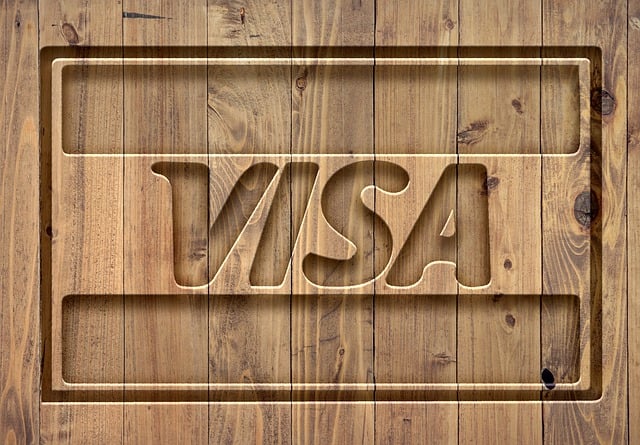
Low-income individuals often face unique challenges when it comes to managing their finances, especially with the burden of credit card debt. However, there are specific consolidation options designed to assist them in gaining control over their debts. One such option is Credit Card Debt Consolidation Loans, which are tailored to meet the needs of those with limited financial resources. Eligibility criteria for these loans typically include a demonstrated history of repayment and a viable plan for debt management.
Lenders consider factors like income, existing debt obligations, and credit history to assess an applicant’s ability to repay the loan. Since low-income individuals might struggle to meet traditional eligibility requirements, some lenders offer flexible terms and lower interest rates to make these loans more accessible. This can provide much-needed relief by consolidating multiple high-interest credit card debts into a single, manageable loan with potentially lower overall interest costs.
Pros and Cons of Debt Consolidation Options

Debt consolidation can be a powerful tool for managing and reducing debt, especially for low-income individuals facing multiple creditors. One popular option is Credit Card Debt Consolidation Loans, which allow borrowers to combine several high-interest credit card debts into a single loan with a potentially lower interest rate. This strategy simplifies repayment by consolidating the debt into one manageable payment, saving money on interest charges and streamlining the repayment process.
However, there are also considerations. Consolidating debt might not always result in immediate savings; interest rates depend on individual creditworthiness, and extending the repayment period could mean paying more in the long run due to compounding interest. Additionally, taking out a new loan introduces the risk of further financial strain if unforeseen circumstances arise, potentially leading to a cycle of debt. Thus, careful assessment of one’s financial situation is crucial before embracing debt consolidation as a strategy.
Alternative Solutions to Consider

When facing overwhelming debt, many low-income individuals turn to credit card debt consolidation loans as a solution. However, it’s essential to explore alternative options before committing to any loan. For instance, negotiating with creditors for reduced interest rates or repayment plans can be a more sustainable option, allowing individuals to manage their debt without the long-term financial burden of loans. Community-based programs and non-profit organizations often offer free counseling and assistance tailored to low-income families, providing valuable resources and strategies to navigate debt effectively.
Additionally, exploring debt management techniques like creating a strict budget, prioritizing high-interest debts, and building an emergency fund can help individuals regain control of their finances. While these alternatives may require more time and discipline, they offer long-term benefits by improving credit scores, reducing stress, and fostering financial stability without the need for loans.
For low-income individuals grappling with credit card debt, understanding consolidation options is a vital step towards financial freedom. While traditional loans may have stringent eligibility requirements, there are alternative solutions tailored to their unique circumstances. By exploring both consolidation loans and non-lending alternatives, folks can navigate their financial challenges more effectively. This strategic approach allows them to regain control, reduce stress, and potentially improve their overall financial outlook. Remember that with careful consideration and informed choices, debt consolidation can be a powerful tool for managing and overcoming credit card debt.









